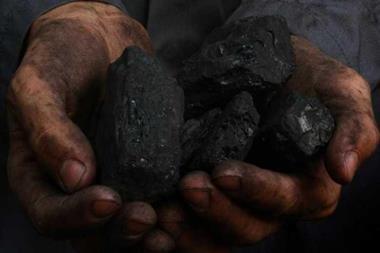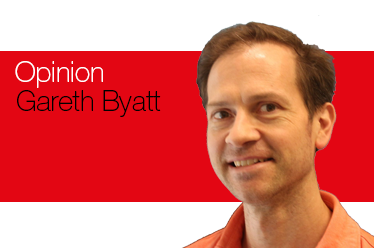What role does the risk professional have in a changing, more responsible world?
The modern organisation is operating in a context of significant social change. The global health crisis has placed new responsibilities on public bodies, charities, and businesses to protect individuals’ health, safety and welfare.
At the height of the pandemic, civil society groups marched in cities across the world to support the Black Lives Matter movement which prompted many organisations to review their equality, diversity and inclusion policies.
More recently, anti-lockdown protestors and prominent members of society have used the media to voice their concerns about livelihoods and freedoms including those relating to social recreation and well-being.
And throughout the pandemic, environmental pressure groups and activists have continued to raise public awareness of the threats posed to the environment and the responsibilities governments and corporations have in handling the climate crisis.
Droughts, wildfires and stronger hurricanes have been a factor in US cities and states pursuing lawsuits against fossil fuel companies.
Where does risk come in?
Risk professionals have a pivotal role in supporting organisations to take responsibility for managing the risks to society and the environment arising from the decisions and actions they take, or in some cases, fail to take.
Even before the global health crisis, there were pressures on organisations to focus on their social and environmental responsibilities from an array of stakeholders, including traditional and social media, pressure groups, the public, partners, customers, beneficiaries, investors, staff, former staff, members, volunteers, trustees, donors, regulators and other public bodies.
While several organisations responded to these drivers by setting up CSR functions, the importance of risk management and sustainability have since driven the continued evolution of contemporary Environmental and Social Governance (ESG) initiatives.
The risk professional needs to network with all these stakeholders in ensuring that the organisation manages the risks to their interests.
Organisations whether operating at a local, national or international level have the UN’s ‘Guiding Principles on Business and Human Rights’ as a basis for understanding their responsibilities. These principles place the state as responsible for respecting, protecting and fulfilling human rights and fundamental freedoms.
Business enterprises - viewed as ‘specialised organs of society performing specialised functions’ – are to respect human rights as well as comply with laws set out by the state.
Organisations are also encouraged to ‘enhance standards and practices’ related to the ‘human rights of affected individuals and communities’ in contributing to a ‘socially sustainable globalisation’.
Globalisation has brought many benefits to the modern organisation as well as to individuals and communities across the world through the increased flow of trade, finance, knowledge and skills. It has, however, left many behind or in unfair working conditions. In relation to poverty, at 46%, almost half of the world’s population lives on less than $5.50 a day.
The COVID-19 pandemic widened long-standing health, economic and digital disparities, according to this year’s WEF Global Risks Report.
Børge Brende, president of the WEF described it as a liveihood crisis and called for a “more inclusive and sustainable” future. “If we don’t address this we will also see new risks when it comes to the fragmentation in society,” he warned.
Organisations need to continue to comply with the laws and regulations in the countries in which they operate - including those relating to health, safety, welfare, labour rights and the environment – and, as the UN guidelines also state, take responsibility for enhancing standards and practices as part of the wider sustainability agenda.
Sustainability on the agenda
Many organisations have committed to supporting the UN ‘Sustainable Development Goals’ (UN SDGs) which set the Number 1 Goal to ‘end poverty in all its forms everywhere’ as well as sixteen other goals including ones which address hunger, gender inequality and the environment.
The risk professional is well placed to support the organisation develop policies to help achieve these goals in relation to both internal operations as well as with partners, notably in relation to any issues concerning the wages and working conditions of those in its supply chain.
The risk professional is also best placed to develop the standards and practices which enable these policies to be delivered, including the identification, analysis, management, monitoring and communication of risks.
Communicating with stakeholders involves recognising that each represents different interests and views about the way in which the organisation functions.
Advances in ICT provide opportunities to communicate with stakeholders in various ways, including through social media. In communicating with them to raise awareness of policies, standards and practices, the risk professional can gain valuable insights from stakeholders as to how the organisation can improve as well as avoid risks in the future.
In preparing for the future, the younger generation of risk professional is well placed to lead these conversations by bringing to the table a mindset which recognises the importance of networking with an inclusive, diverse group of stakeholders, notably in addressing matters concerned with climate change and social justice.
The changing context offers every professional with the opportunity to promote the sustainability agenda since organisations founded on socially and environmentally responsible principles and practices will be the ones which not only survive but thrive in a changing world.
Anita Punwani is an independent risk adviser and deputy chair and NED of the Institute of Risk Management.




















No comments yet